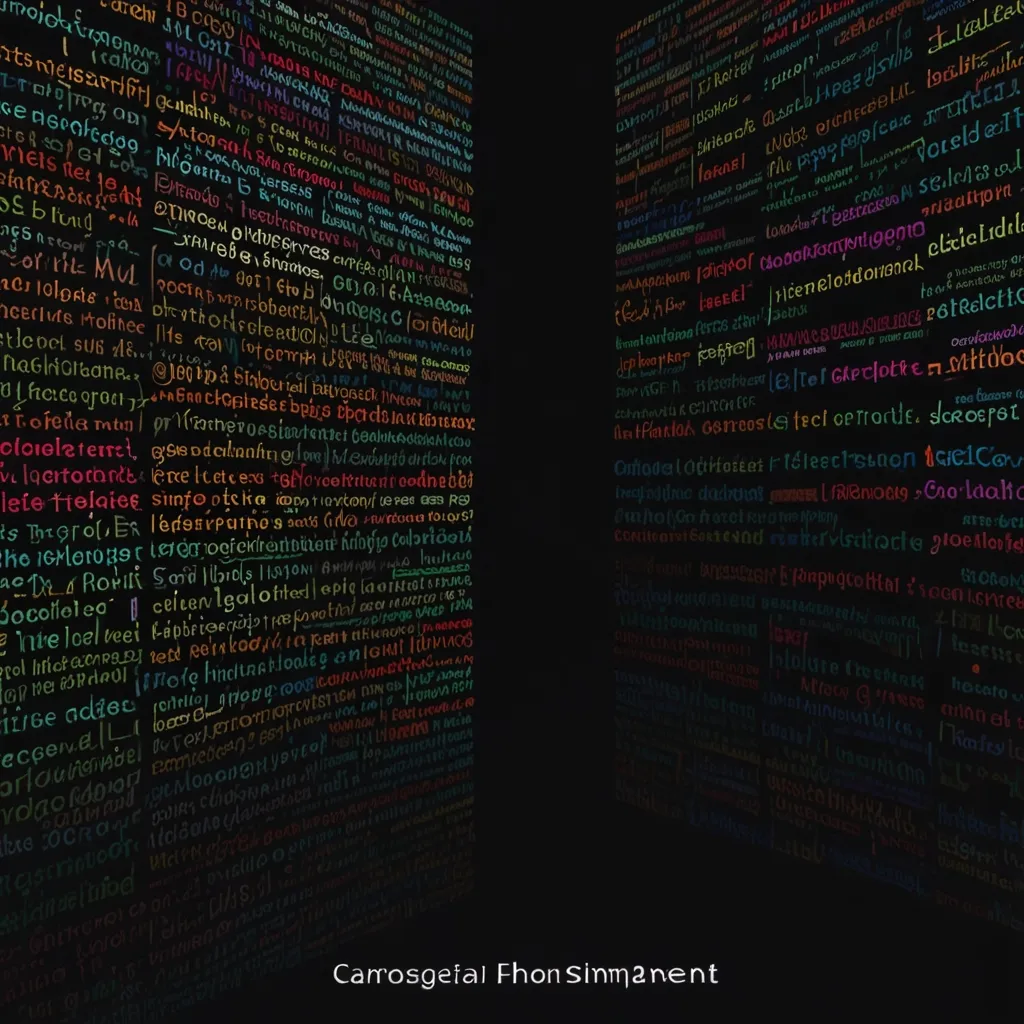Racket, a rising star in the programming world, traces its lineage back to the Lisp family, and it’s made quite a splash since its inception in 1995. This general-purpose, multi-paradigm language takes the best parts of Scheme and Lisp and builds upon them, crafting a robust and versatile tool for various applications.
The Legacy of Lisp and Scheme
Lisp has been a formidable force in programming since 1958, creating languages that prioritize simplicity and power. Scheme, one of Lisp’s descendants, refines these ideas further. Racket, standing tall on these foundational pillars, embodies the elegance and intellectual depth that Lisp languages are known for. The family resemblance is unmissable in its syntax and the community ethos.
Multi-Paradigm Brilliance
Racket shines in its ability to support multiple paradigms, whether it’s functional, imperative, logic, or object-oriented programming. This flexibility makes it perfect for diverse tasks, from scripting and web development to more complex systems programming and research. Whatever your coding preference, Racket’s got your back.
All About DrRacket
One of the coolest things about Racket is DrRacket, its own integrated development environment (IDE). Written in Racket, DrRacket packages a suite of tools for coding, debugging, and testing. When you start up DrRacket, you’re prompted to choose a language, and from there, it’s coding time. Take this simple snippet:
#lang racket
(+ 1 2 3)
Here, you’re summing up a list of numbers using prefix notation—that’s when the operator comes before the operands. Want to get fancy and multiply that sum by 2? Nest away:
#lang racket
(* (+ 1 2 3) 2)
The Magic of Macros
Racket’s macro system is where things get really interesting. Macros allow you to extend the language itself, creating new constructs and even domain-specific languages. This makes Racket a powerful tool for research and education, giving you the freedom to experiment with new language features. It’s like having a canvas where you can create your own custom brush strokes.
Not Just for Academia
While Racket might have academic roots, don’t mistake it for a wallflower. It’s been used in commercial projects and web applications too. For instance, the website Hacker News runs on Arc, a language developed using Racket. Even video game developers like Naughty Dog have tapped into Racket for scripting. Pretty cool, right?
A Thriving Community
Racket boasts an active, supportive community that offers a treasure trove of resources. The language distribution comes packed with libraries for everything from systems and network programming to web development and GUIs. The package catalog is a goldmine for newbies and veterans alike, showcasing what the community has to offer.
Racket in Education
Racket has found a niche in classrooms, thanks to its simplicity and pedagogic power. Programs like Bootstrap use it to teach algebra via game design, making learning engaging and effective. Its straightforward syntax and functional approach make it an ideal teaching tool for introducing core programming concepts.
Why Opt for Racket?
Racket combines simplicity with power, making it an intriguing choice for programmers. Its syntax may look alien at first, but it’s minimalist and predictable, which eases the learning curve. Focusing on functional programming, Racket encourages new ways of thinking about problems, delivering solutions that are both elegant and effective.
Real-World Impact
Racket is no ivory-tower language; it’s got plenty of real-world applications. It’s used for text processing, known for its cleaner approach compared to languages like shell or Python. The ability to compile standalone executables and a well-rounded IDE makes Racket a strong contender for commercial projects.
Overcoming the Hurdles
Sure, Racket’s syntax can seem intimidating initially, but once you get over that hump, you’ll appreciate its expressiveness and efficiency. Here’s a quick example of defining and calling a function:
#lang racket
(define (greet name)
(string-append "Hello " name))
(greet "World")
This snippet shows a simple greeting function that highlights how intuitive Racket can be.
Wrapping It Up
Racket goes beyond just being a programming language; it’s a playground for innovation and creativity. Its mix of simplicity, power, and extensibility makes it perfect for beginners and seasoned coders alike. Whether you’re looking to learn programming, develop commercial applications, or dive into experimental projects, Racket offers a rich set of tools and a supportive community to help you along the way.
In an industry dominated by the usual suspects like Python and JavaScript, Racket stands out as a hidden gem. It challenges you to think differently and bend your mind around new concepts. If you’re up for the challenge and ready to grow as a programmer, Racket is definitely worth your time. So why not give it a try? It just might become your new favorite tool in your programming arsenal.






